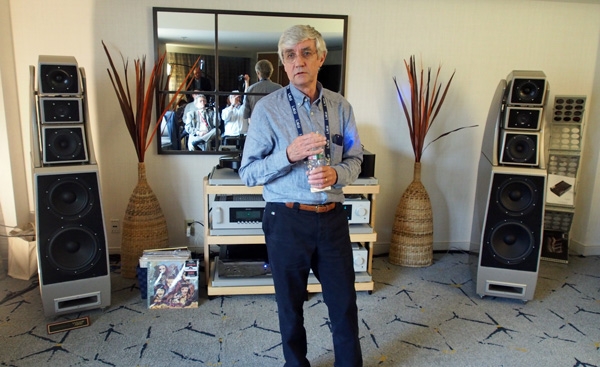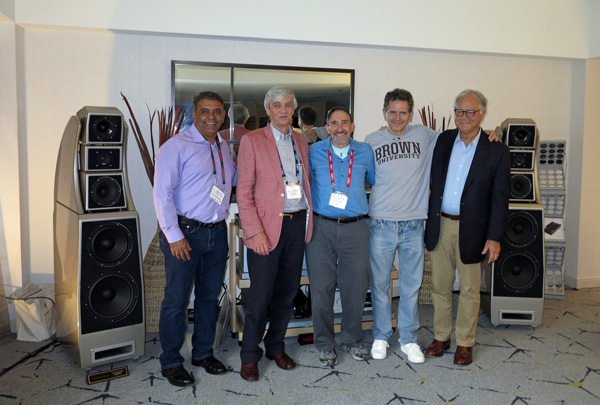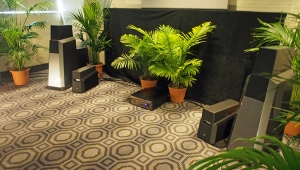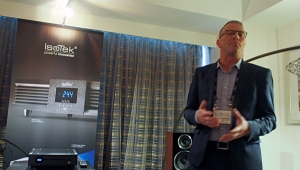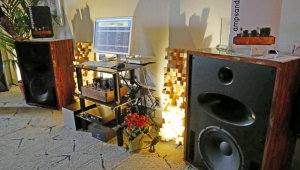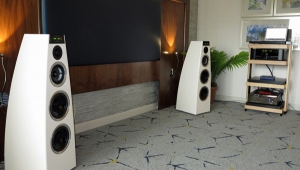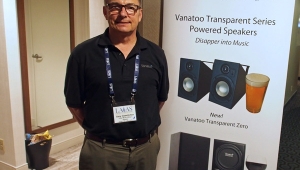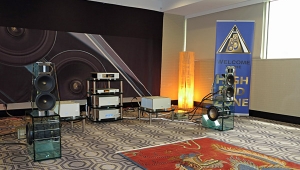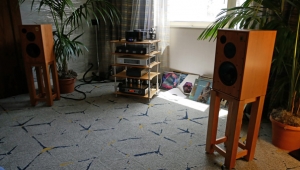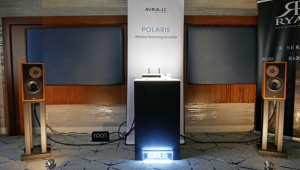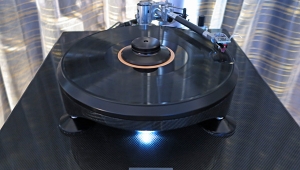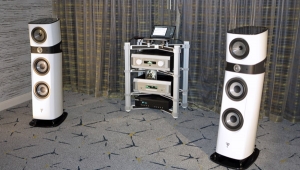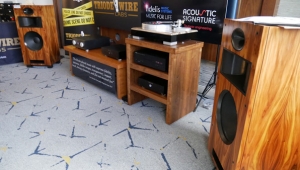| Columns Retired Columns & Blogs |
What is the point of this? You can't buy MQA music, and when you will be able to buy it, it will only be the same albums that you already have on vinyl, CD, HD, and cassette. There will likely NEVER be any new, interesting or odd music on this format.
O.k., embrace technology so you can listen to the same old stuff, over and over. ...Snore.....
